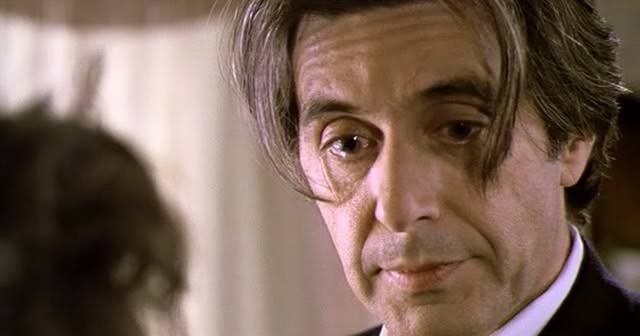
Al Pacino: The Master of Method Acting
Al Pacino, a name synonymous with intense performances and compelling character portrayals, stands as one of the most influential actors of his generation. With a career spanning over five decades, Pacino’s contributions to the craft of acting, particularly Method acting, have left an indelible mark on the film industry.
Born in East Harlem, New York City, in 1940, Alfredo James Pacino’s early life was shaped by adversity. Raised in the Bronx by his mother and grandparents after his parents divorced, Pacino found solace in acting. His passion led him to the prestigious Actors Studio, where he trained under Lee Strasberg, the father of Method acting in America. This technique, which encourages actors to draw from their own experiences and emotions to deliver authentic performances, became Pacino’s hallmark.
Pacino’s breakout role came in 1972 with Francis Ford Coppola’s “The Godfather,” where he portrayed Michael Corleone, a reluctant mafia heir. His transformation from a fresh-faced war hero to a ruthless crime lord was lauded as a masterclass in Method acting. Pacino’s ability to convey deep internal conflict and evolving morality won him critical acclaim and established him as a powerhouse in Hollywood.
Throughout the 1970s, Pacino continued to deliver iconic performances. In “Serpico” (1973), he played Frank Serpico, an undercover cop who exposes corruption within the NYPD. His dedication to the role, including immersing himself in the life of the real Serpico, showcased his commitment to Method acting. In “Dog Day Afternoon” (1975), Pacino played Sonny Wortzik, a desperate bank robber. His portrayal of Sonny’s volatility and vulnerability further cemented his reputation as a consummate actor.
The 1980s saw Pacino take on a variety of challenging roles, including Tony Montana in “Scarface” (1983). His depiction of the Cuban drug lord’s rise and fall is one of the most memorable in cinema history. Pacino’s commitment to the character, from mastering a distinctive accent to fully embodying Montana’s larger-than-life persona, demonstrated his Method acting prowess.
Pacino’s career has been punctuated by numerous awards, including an Academy Award for Best Actor for his role in “Scent of a Woman” (1992). His portrayal of the blind, irascible Lieutenant Colonel Frank Slade was a testament to his ability to convey profound emotion and complexity.
Despite his success, Pacino has never shied away from challenging roles. In “The Insider” (1999), he played journalist Lowell Bergman, who exposes the tobacco industry’s secrets. His meticulous research and dedication to authenticity exemplified his Method approach. Similarly, in “The Irishman” (2019), directed by Martin Scorsese, Pacino portrayed union leader Jimmy Hoffa. His dynamic performance was widely praised and earned him an Academy Award nomination.
Off-screen, Pacino has been a vocal advocate for the arts. He has directed and produced several films, often exploring themes of power, corruption, and redemption. His passion for theater remains strong, with numerous acclaimed stage performances to his name, including Shakespearean roles that have further demonstrated his versatility.
Al Pacino’s influence extends beyond his filmography. As a master of Method acting, he has inspired countless actors to delve deeper into their characters and deliver more nuanced performances. His dedication to his craft, coupled with his ability to bring authenticity and intensity to every role, has solidified his status as a true legend of the screen.
In a career marked by groundbreaking performances and an unwavering commitment to the art of acting, Al Pacino remains a towering figure in cinema. His legacy as the master of Method acting continues to inspire and captivate audiences worldwide.


